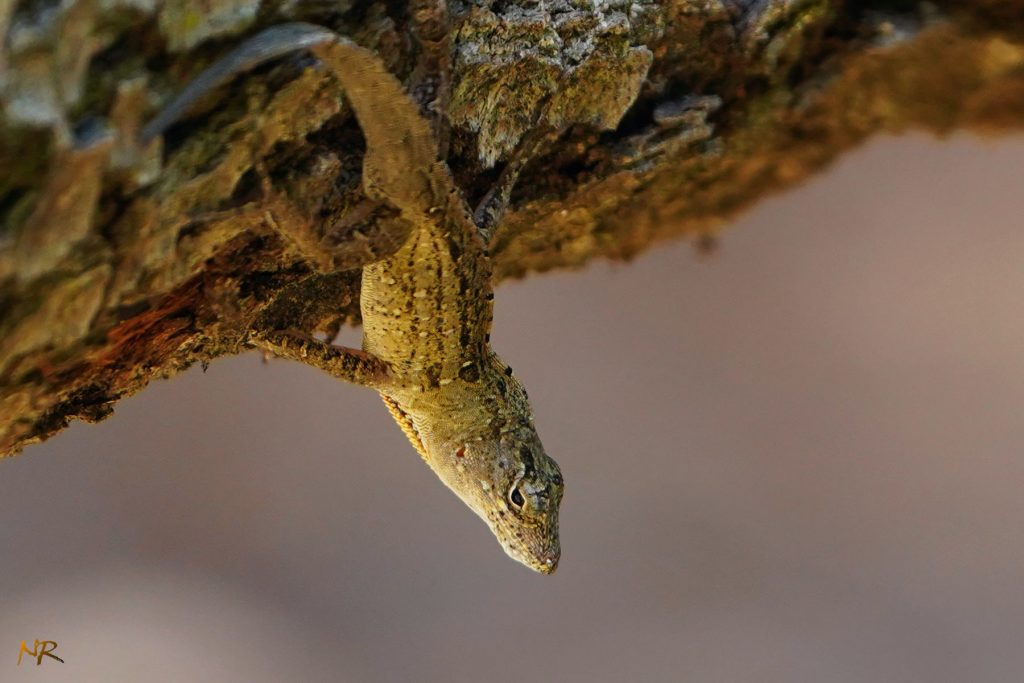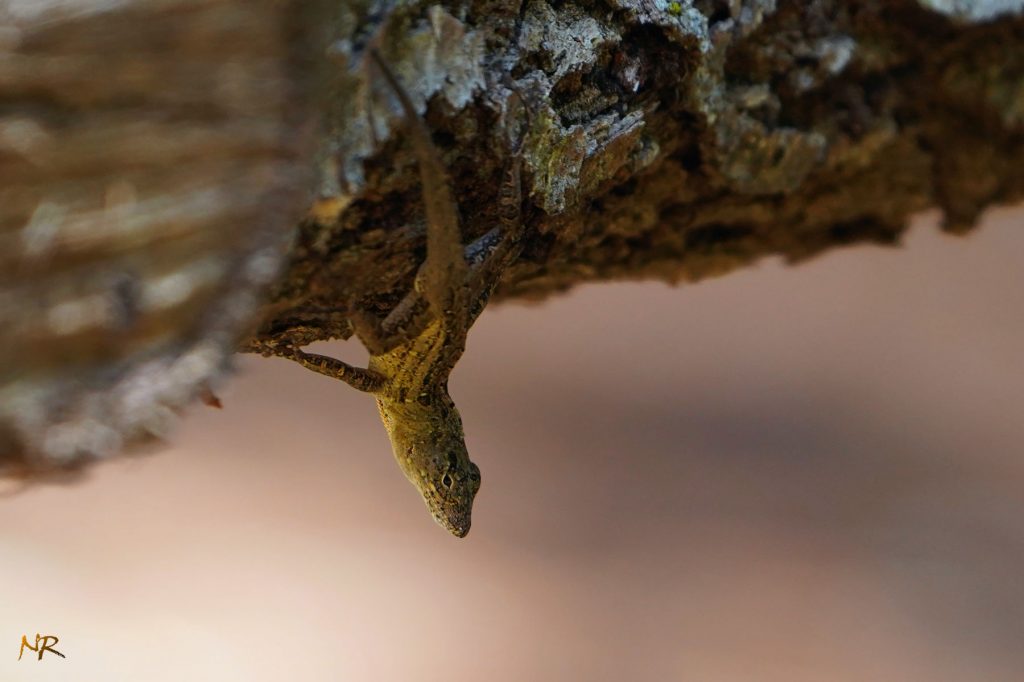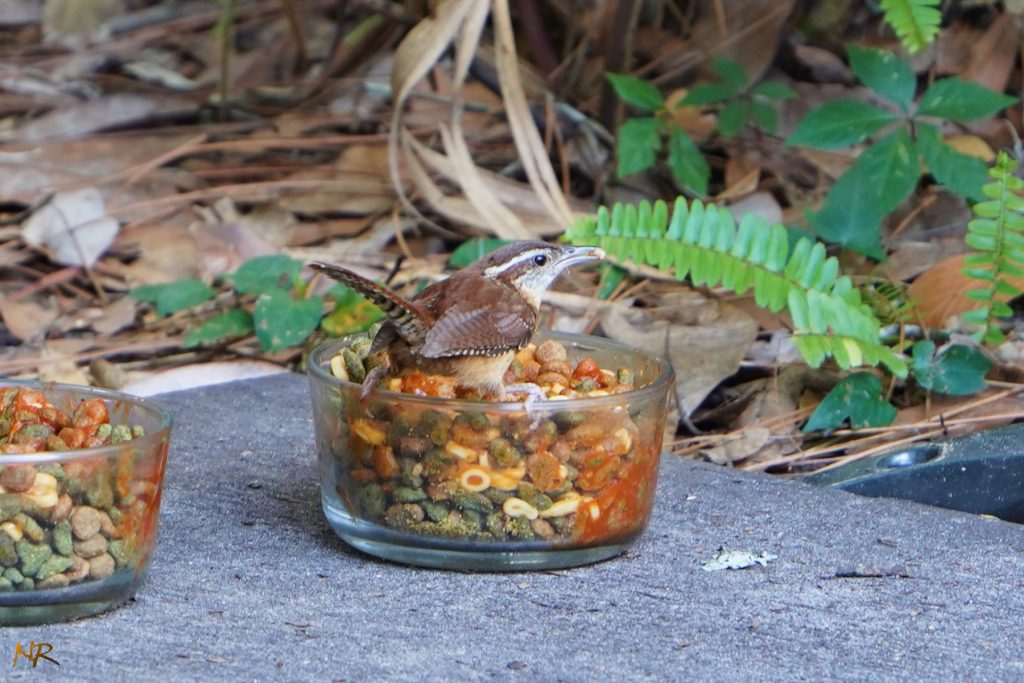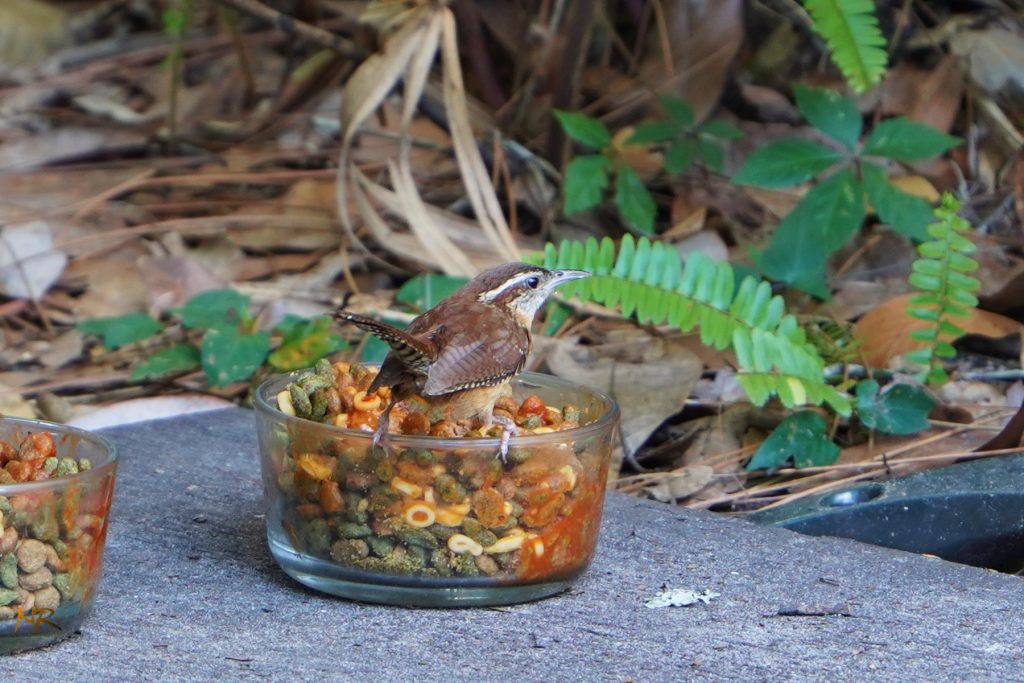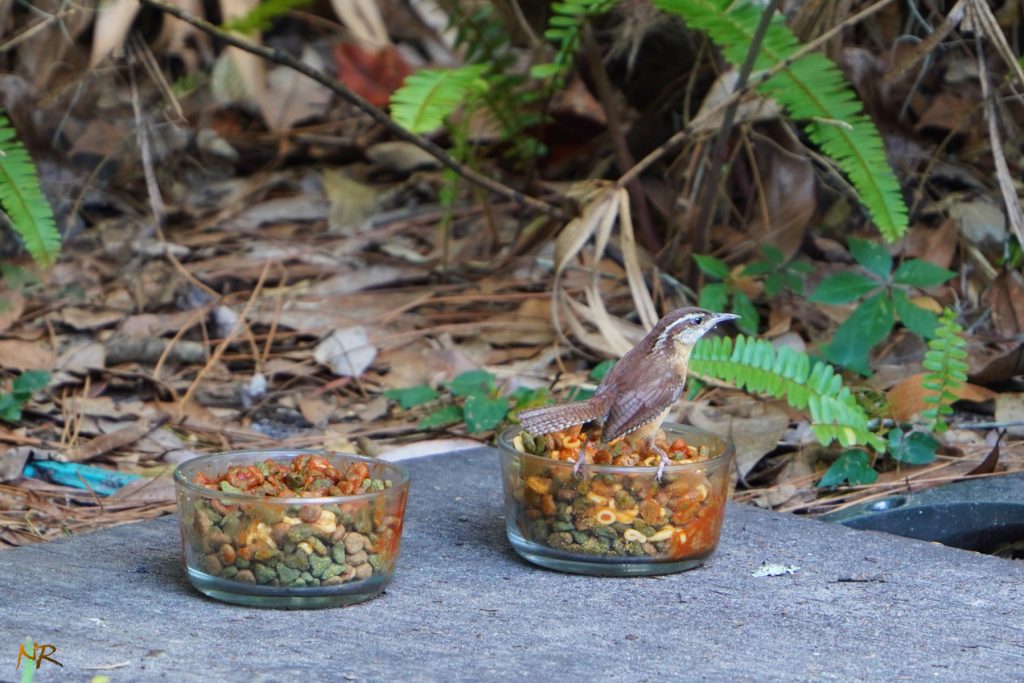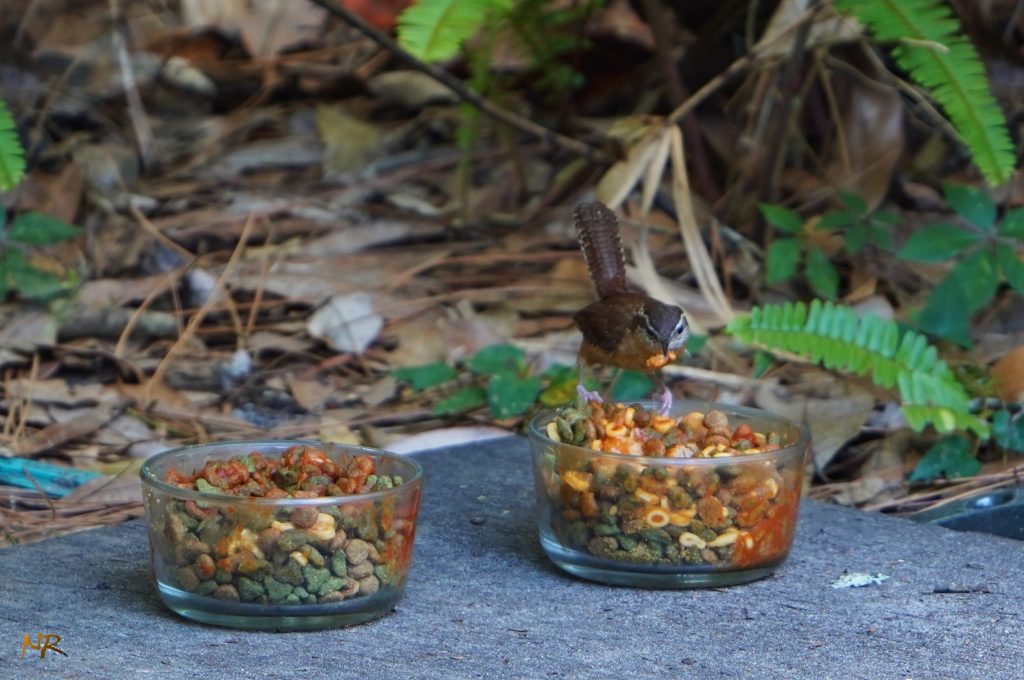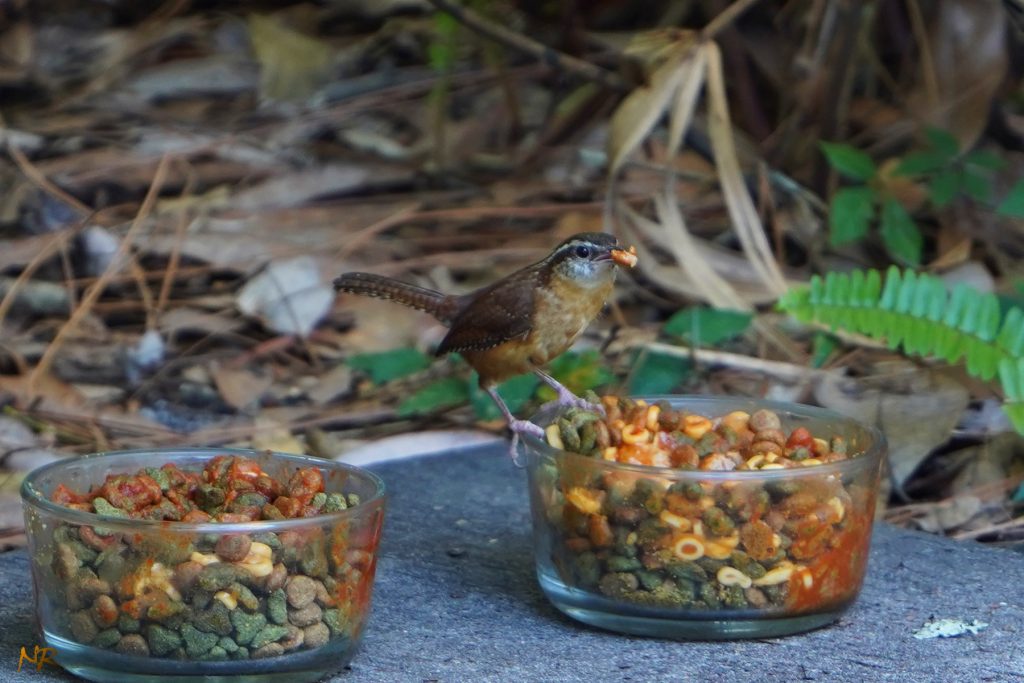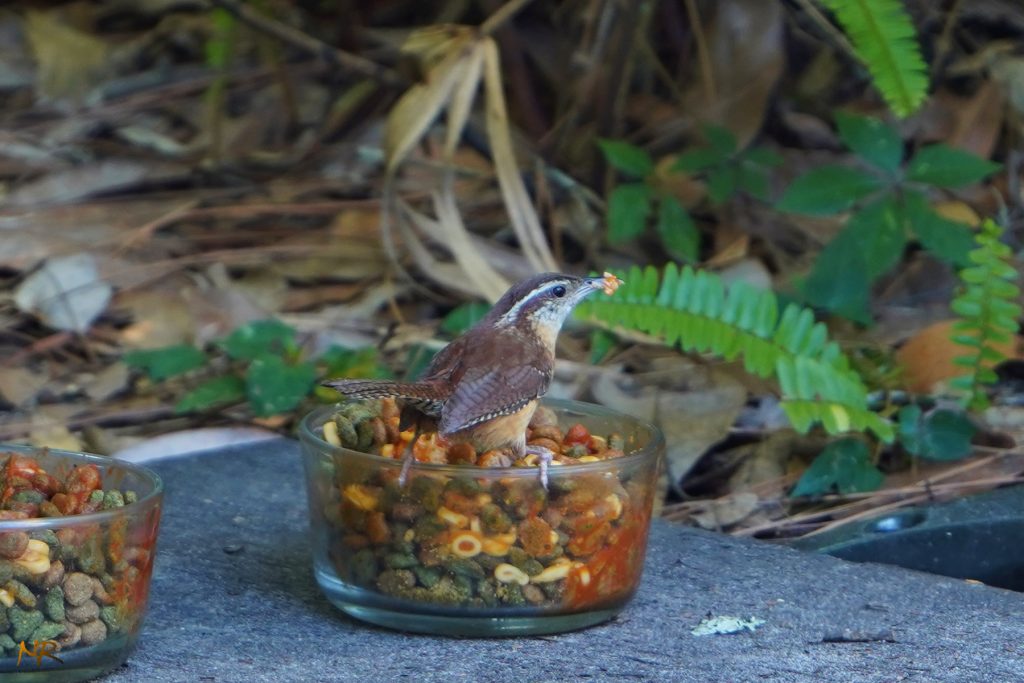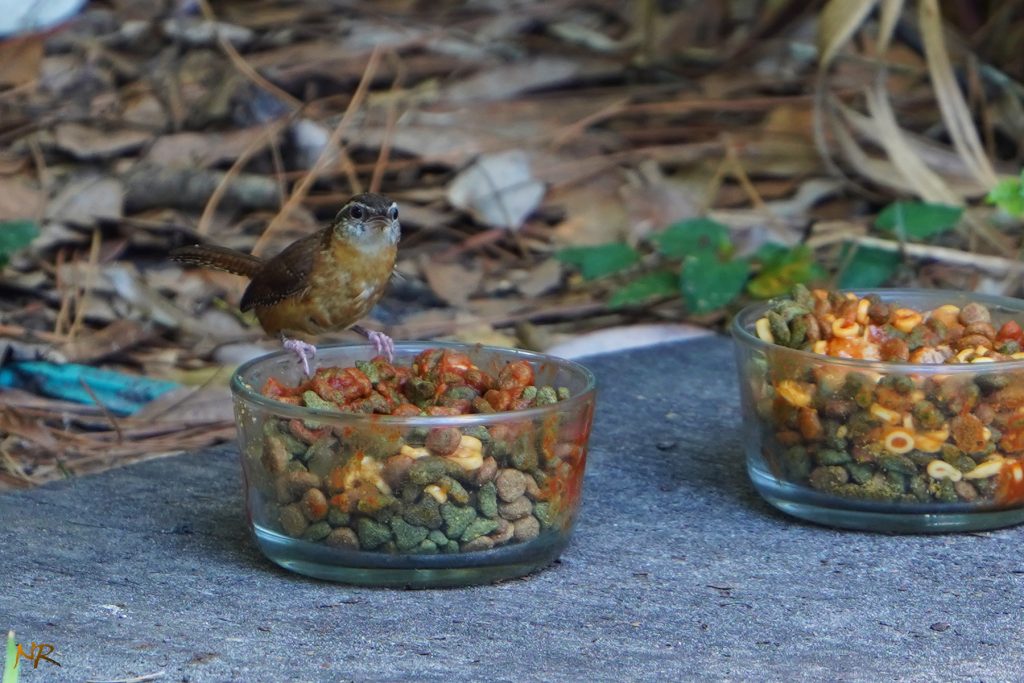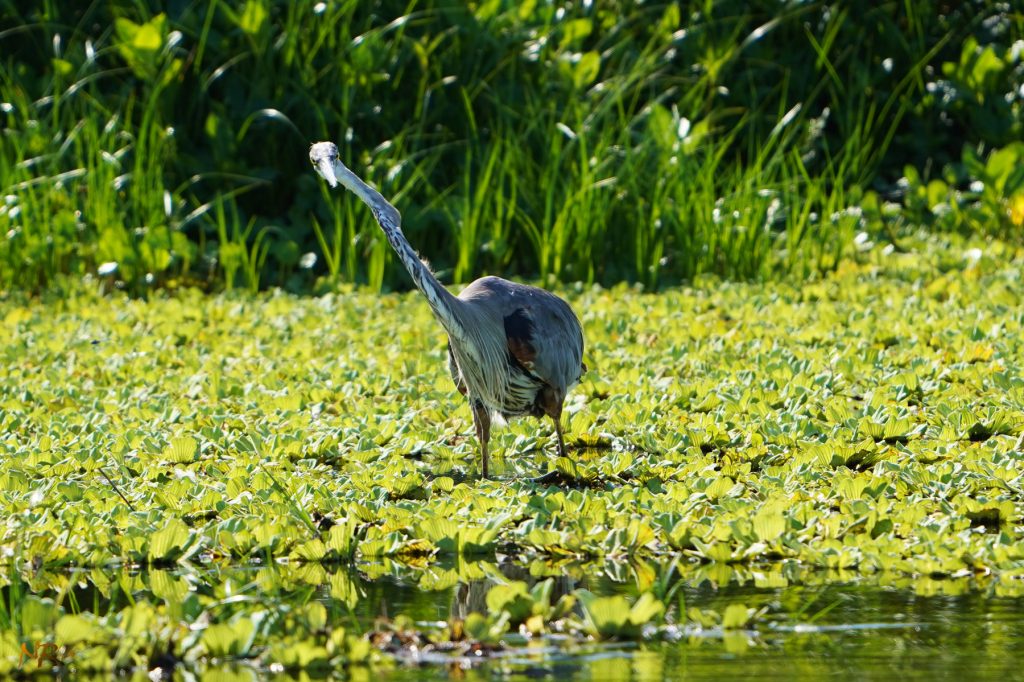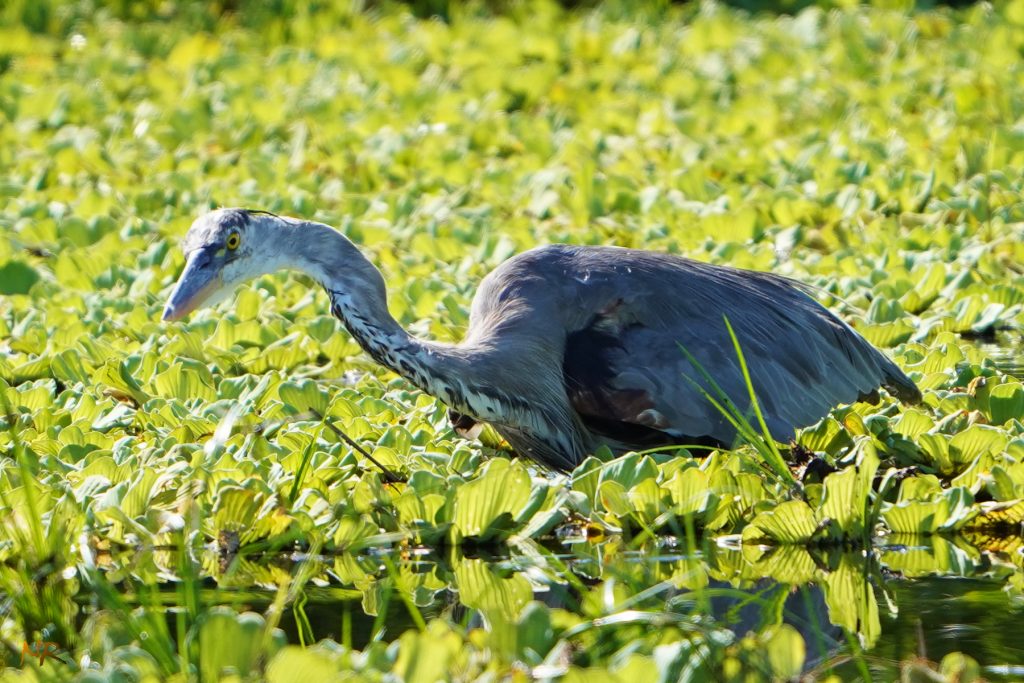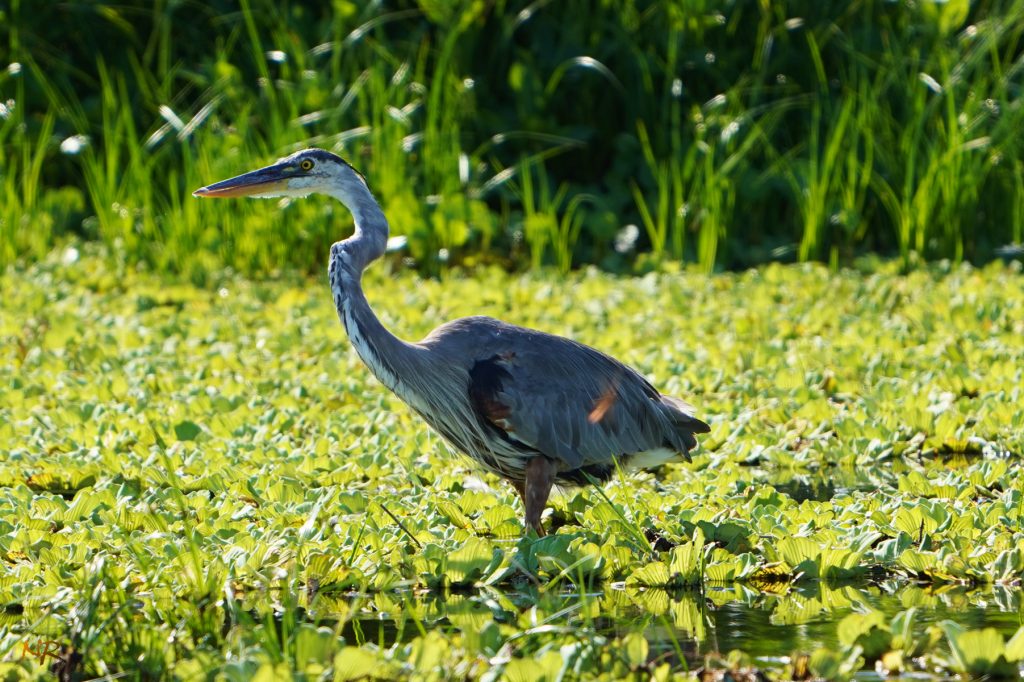My new lens arrived the night before last and I think I had it out of the box and attached to my camera within 5 minutes.
It was one of the most eagerly awaited acquisitions of mine (probably only rivaling the arrival of the A7 itself) in the last ten years.
That I was able to walk outside and start taking some pics with it was a tribute to some of the online research I had done, more than any real expertise I might have.
There is a plethora of youtube videos on the subject of this particular lens and also on the camera itself. So, I was well armed with (someone else’s) knowledge.
The lens itself was seriously expensive (in my world, anyway) and the main goal in buying it is to step up my wildlife shooting abilities and thereby get me back out on the trails a little more. I believe my Mam and Dad would have approved that I used some of my inheritance for this purpose; they were very much my inspiration for nature photography in the first place.
It’s a 600 mm lens and is a rather heavy beast. It weighs just under five pounds, which compared to the weight of the camera (1.5 lbs) is quite an anchor.
So immediately, it all means two process changes to my nature work. Firstly, I will need to abandon the notion of going on a trail with this as one of multiple lenses. Changing the lens in situ, with its weight and size, is far too cumbersome for a feeble old Irish guy like me. And secondly, it means I will always need to have it on a tripod. Not because of the weight, but because even the slightest of shakes when shooting with such a zoom will blur even the fastest of shots.
I took it into the yard yesterday and to another spot close by and took three different sets of shots. Just to put it through its paces and to see what else I needed to consider.
I shot a little lizard under a fallen tree from a distance of about 50 feet, a couple of fast moving Carolina Wrens who came to eat the raccoon’s food from a distance of about 100 feet, and a wading Great Blue Heron from a distance of about 200 feet.
I have attached some of the shots at the end of this blog, so I hope you enjoy.
It was the little wrens that posed the greatest challenge because with all the cats around, their visit to each bowl lasted a short few seconds and they just wouldn’t stand still for me. It was shooting them that I realized I needed to shoot with a remote rather than actually pushing the button on the camera. No matter how careful I was, the hand action caused blur.
The lizard was the easiest model to work with. He just stood there blending in with the log but holding perfectly still for me. The Great Blue? Well, he moved but ever so slowly.
Later in the day when I sent a selfie of me with the lens, my sister jokingly replied that her hubby (also a photo-geek like me) had size envy when he saw it.
And it immediately reminded me of one of the comments I had read on the youtube video when I was trying to decide which lens to get. Some moron commented “get the bigger one. It’ll impress the ladies.”
Of all the reasons to choose a lens, that one has to be the very last.
But it did bring my mind onto something that I experienced a few years back when I bought my first large zoom lens for my older camera.
I recalled being on the trail with it and experiencing several comments about how much of a pro I must be. Or an expert. And two different people asked me what I would recommend to them for their next camera or lens choice. I had been on that trail millions of times with my ordinary sized lenses and never got approached by anyone with a question.
So, while it wasn’t “impressing the ladies” it was impressing someone!
Funny thing is, that lens was useless and though it cost $700, it never gave me one good picture and has sat in my closet upstairs gathering dust for over a year. Might be even two.
My best lens for that camera is literally the smallest I have and produces the very sharpest of pics that I have taken.
So apparently size doesn’t matter, gentlemen. It’s how you use it.
Anyway the whole thing got me thinking about how easily we get impressed by certain people or situations and how we assign them so much more credibility than they are actually worth.
I recall an old Eastern European saying that someone once told me: “the expert is always the man from another village” and I find that to be so true. It’s the same reason why most artists’ work only become recognized after they are dead.
Why do we do that? Why do we give such street creds to those who have done nothing to earn it, while demeaning our own talent or the talents of those nearby? It is ridiculous.
We give such unearned elevation to people for the weirdest of reasons.
We can blind ourselves to their stupidity based on a person’s wealth, status, or education … all because something about this combination has impressed us. I can think of at least one filthy rich, university graduate, president, who is as thick as two planks. Yet some people willingly let him grab them by the pussy and drool his tic-tac saliva into their mouth. (by the way, those were his words, not mine).
Yet there are those among us who we barely give a second glance to when it comes to recognizing their worth. Teachers, craftsmen, artists … people who bring something definitive to the table and improve our lives with it.
We have such a skewed view on things at the best of time. A teacher can tell us to focus our mind on certain subjects as they can have a real effect on our future lives while a reality TV “star” tells us to shave our head and color our lips purple … and who do we listen to?
We are impressed by the most benign of things. For example, give a TV personality or actor an english accent and we think they must be worth listening to. Change that accent to hispanic and a number of us tune the same information out.
So where does our notion of expertise come from?
Well, bias is obviously a factor, but some of it is impression-based … we develop an unrelated impression of a person and next thing you know we are listening to them or even voting for them. It’s why actors and politicians cross freely into the political world.
“I’m not a doctor but I play one on TV, so buy this blah blah medicine and your life will never be the same.
Somehow we allow people to make the most tenuous of relationships between what they are known for and the expertise they claim.
How ludicrous for example is it that Kaitlyn Jenner, known for her transsexual celebrity status suddenly becomes a viable candidate for California governor. I mean, seriously.
The oil-change tech at Walmart, with his greasy hands, mechanic-like overalls, and the name “Jerry” neatly embroidered above his pocket … does he suddenly become an expert in engine mechanics to where he gets final inspection sign off for the space shuttle?
We are at the hospital and see a clean-cut middle-aged guy with glasses in a white coat. There is a tiny splatter of blood on one of the sleeves and he is carrying a clipboard. So we approach him and ask him about this strange pain in our lower back. Does he think we need surgery? Turns out he is the local butcher who has just delivered a rush order of fresh meat to the cafeteria.
When it comes to expertise, our presumptions should therefore be irrelevant.
But there is another method by which we assign expertise … I call it relative experience. Little Johnny’s grandma thinks he is a wiz on a PC because he showed her how to use email. But is he a wiz?
Unlikely. But to Granny, he knows more than her and therefore he is her expert.
There is another old saying that I picked up somewhere “In the land of one-armed men, the two-armed man is king.”
And therein lies the problem. We each look at the world through our own eyes and anyone who knows something more than us (or even just drops the right buzz-words) is an expert to us.
But the truth is we need to ignore the bias, avoid the presumptions, and dismiss our own lack-of knowledge in really determining whether someone is an expert or not.
John Cleese pointed out in one of his motivational speeches, that stupid people don’t really know they are stupid. Because they would need to have some degree of intelligence in order to see how stupid they are.
So really stupid people just go through life not having an idea of how dismally thick they are and if we see them as rich, celebrity, or wearing a white coat, then we elevate their opinion to where one day we turn on the TV and they are telling us to inject bleach into our bodies as a cure-all.
Or worse still we give them the nuclear launch codes and hope they don’t become too bedazzled by that lovely shiny red button.
… just a thought!


